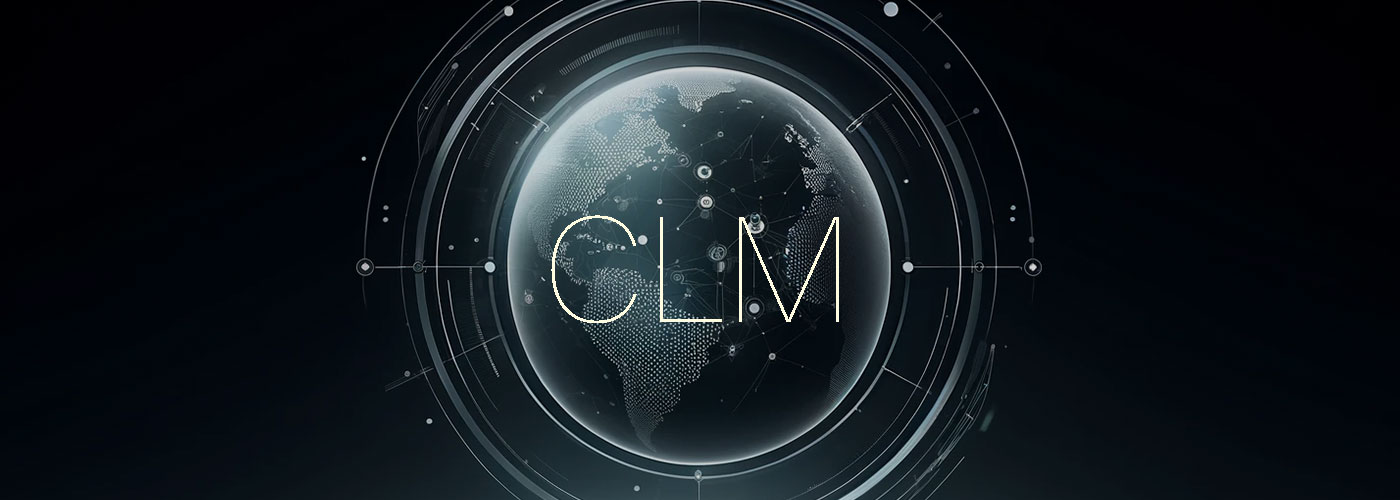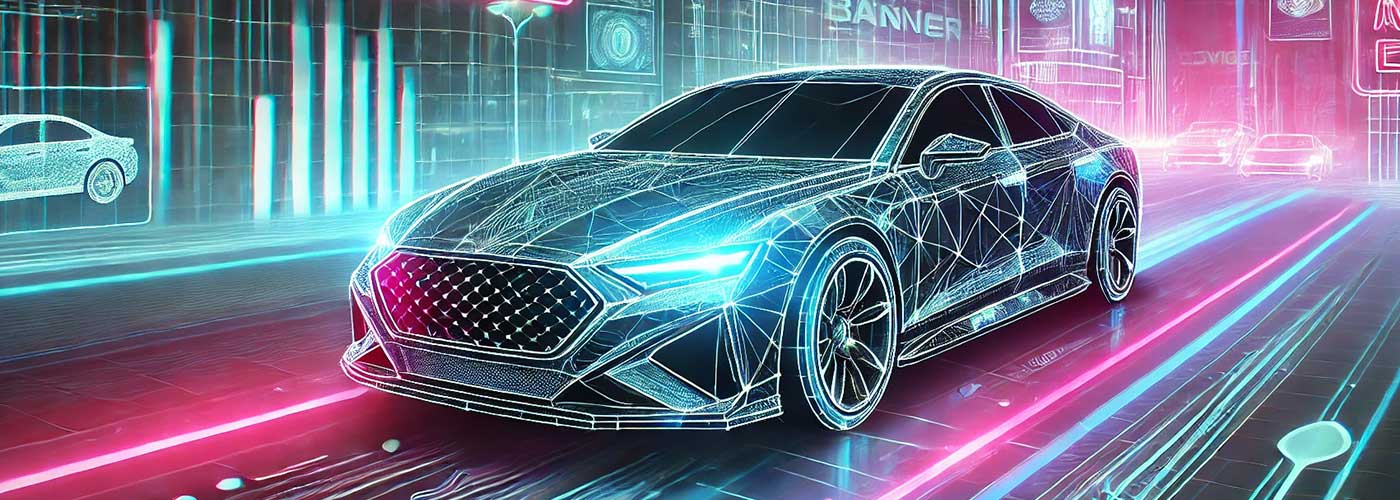IoT devices on track to exceed 21.5 billion by 2025.
– McKinsey Report
The latest in mobile connectivity, 5G brings with it impressive performance capabilities. With dizzying speeds that are 100 times what 4G offers, 5G is the perfect tool to drive the Internet of Things (IoT). Put simply, IoT goes where connectivity has never been before, by automating and connecting a whole network of “things”, beyond computers and mobile devices. IoT is the driving force behind connected vehicles, factory equipment and more. Although the lightning-fast speeds and powerful streaming capacities 5G offer are immense, it also brings a slew of legal issues with it.
According to the National Law Review, the IoT Cybersecurity Improvement Act of 2020 (the “IoT Act”) should be able to reign in connected mobility. Ensuring the safety of users, passengers, and organizations is the top priority of this newer law. Automotive legal departments at organizations which have already adopted 5G-enabled applications, or are about to, will need to consider pressing issues that could spell trouble if not monitored in time.
Issues Auto Legal Departments Need to Monitor in the IoT Era
Security
A McKinsey report notes that IoT connected devices, including vehicles, will be more than 21 billion by 2025. As is the case with technology, more connected vehicles spells more risks, including hacking attempts, poor encryption, low levels of data security, among others.
Security risks may make auto companies vulnerable to consumer complaints and investigations by the Federal Trade Commission (FTC). Companies without the right security procedures and measures may face investigation by the FTC to prevent unfair or deceptive methods or acts, even if the companies have no idea about the risks involved.
Privacy
One of the top selling features of 5G-powered vehicle applications are that they can collect and store massive amounts of data. These data types can include personal information, as well as an organization’s sensitive information. In the wrong hands, this data can either be sold, manipulated, or wiped out, causing serious implications for users and automakers. Auto companies need to share with customers about data collection, and how they will collect, distribute, or sell their data.
Liability
IoT vehicles may malfunction, causing damages to other vehicles, drivers, passengers, and even bystanders. These risks bring about the need for manufacturers to create strategic plans to mitigate and troubleshoot these risks and issues before they arise.
These pre-rollout plans may include vehicle marketing tactics, crafting specific and detailed warranties, as well as making liability provisions included in consumer use agreements. Automakers need to consider current and future supply chain issues and if third-party contractor materials meet all regulated standards.
Modern Tech, Modern Laws
As the internet evolves to greater heights, it brings with it an array of legal complications and tangles. 5G is slated to change the automotive world as we know it. Legal departments at automotive companies need to understand the implications, knowing that there’s a way to mitigate risks, secure their data, protect vehicles, and most of all – offer better driving experiences for their customers.
IoT is meant to improve mobility, and with legal departments on the job, the auto world will see a new and exciting era in technology. Financier Worldwide notes that regulations such as the Auto Data Regulation apply to several organizations in the auto industry and will “reshape product design regarding the underlying approach to auto data” for the better.




